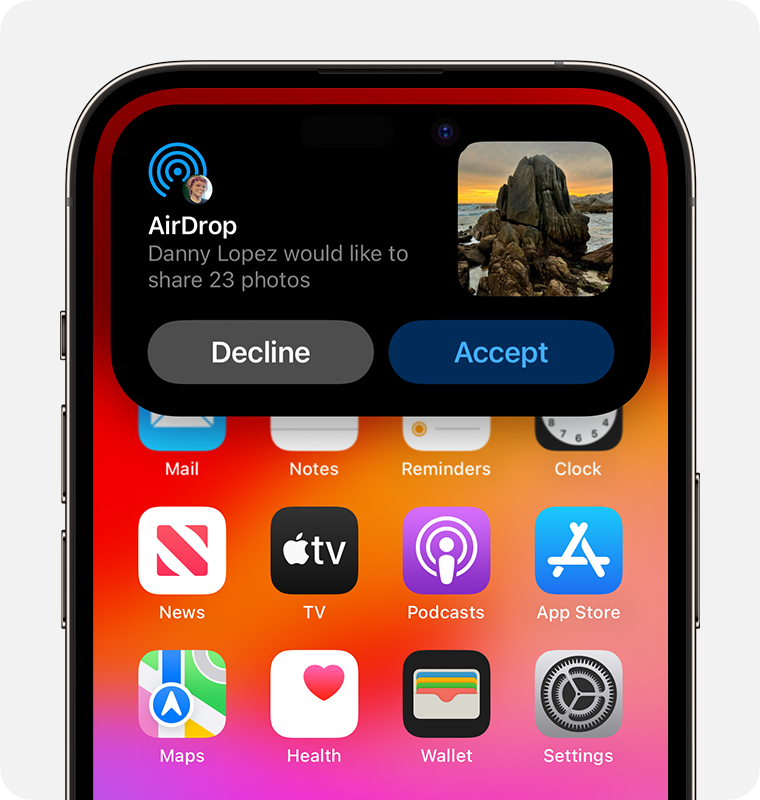- 85 Posts
- 749 Comments

 35·4 days ago
35·4 days agoI wonder how long it’ll be possible to build Gnome with Xorg support. If I had to guess I’d say there won’t be any support within the next 3 years, because keeping future Gnome working with Xorg is work nobody wants to put in.
That said, Xwayland will likely keep being around for the foreseeable future.
Out of curiosity, do you use Xorg and if yes, what’s keeping you from using Wayland?
Fedora also has their own flatpak remote, which only includes flatpaks build from Fedora rpms.
I’d say flatpak isn’t the future because it’s already here and seems to be universally accepted as the cross-distro package manager.
I do like how the Nix package manager handles dependencies, but it’s not suitable for app developers packaging their own apps because of its complexity.
If a better flatpak comes around I’d use it too, but at least for graphical apps I don’t know what it’d have to do to be better. In my opinion, flatpak is a prime example of good enough, but not perfect and I’d be surprised if there was a different tool with the same momentum in 15 years (except snap, but they seem too Ubuntu specific).
This post was posted two times, so you might want to delete one of them.
Bookmarks and GPX export is a great addition. OrganicMaps continues to improve and I find myself using OsmAnd less and less (unless I need specific features).

 2·7 days ago
2·7 days agoI’ve now added the date to the title to make it more clear the article is from two months ago. The article is a good read and wasn’t posted on here, so I thought it’s still worth sharing.

 5·7 days ago
5·7 days agoYes, I’ve copied the title from their project.
Proxmox describes itself as an virtualization management platform.
Proxmox Virtual Environment is a complete, open-source server management platform for enterprise virtualization. It tightly integrates the KVM hypervisor and Linux Containers (LXC), software-defined storage and networking functionality, on a single platform
[1] https://www.proxmox.com/en/proxmox-virtual-environment/overview
Spotify and Crunchyroll also require DRM, like almost all commercial video sites.

 7·9 days ago
7·9 days agoMany flatpaks are not aware of their sandbox and thus have a bad ux.
E.g. flatpak Steam can’t access SteamLibraries at a non-default location, unless the user manually allows the path through flatseal. The same is true for other similar apps which don’t use the file portal.
Issues like this are unexpected for new users and thus it can be argued that flatpak aren’t a good recommendation for new users. I personally disagree because most flatpak work flawlessly and work everywhere independent of a users distro.
It seems the Determinate Nix installer supports Fedora Atomic and SELinux.
On topic:
I really like Nix and home-manager. I’ve mostly switched to NixOS because it’s more convenient for window manager setups than building ublue images imo.
Having to mess with containers for different dev environments and keeping the up to date is imo more annoying than creating a shell.nix
Also being able manage my dorfiles with home-manager and installing software declaratively helps in keeping the system free of clutter.
The source of the determinate nix installer has some mentions of SELinux. E.g. they have an .fc file, but I really don’t know anything about SELinux.
https://github.com/DeterminateSystems/nix-installer/tree/main
Yes, that’s likely the case.
The ahayzen/silverblue-nix guide uses bind mounts from
/var/lib/nixto/nix. The latter being created by making/temporarily writeable withchattr +i /.
It seems the Determinate Nix installer supports Fedora Atomic with SELinux enabled.
supporting SELinux and OSTree based distributions without asking users to make compromises
https://github.com/DeterminateSystems/nix-installer
Edit:
disabling SELinux
I hope this is not a serious suggestion?
Since no nix installer supported SELinux at the time, it was the only way to use nix on Fedora Atomic. With a better option available disabling SELinux is a bad idea indeed.
https://gitlab.com/ahayzen/silverblue-nix#using-nix-on-fedora-silverblue
It’s possible to install nix on Fedora Atomic by disabling SELinux and using bind mounts.
Removing nix is mostly done by deleting /nix, and removing some systemd services, as well as deleting some nix-related users or groups (iirc nixblkd)
Because almost all of nix happens in /nix it doesn’t clutter much of the system.

 2·13 days ago
2·13 days agoGreat to see Unified Push on the list. As well as improved Wayland input method support, whatever that exactly means.
I’m pretty sure microG isn’t installed by default because of how it’d conflict with installing MindTheGapps (Google Apps).
It’s great to see LMFG continuing for a while because its users would have to wipe their device to switch to LineageOS + microG.
That’s awesome. Is it as simple as adding the microG repo to F-Droid and installing from there?

















Those are all good reasons. XFCE aims to support Wayland with the next release, so if they choose to use an established compositor it shouldn’t be too buggy.
With XFCE porting their apps over the setup shouldn’t change much, unless you’re using Xorg specific tools.
Over the last few years most features I’d expect from a windowing system were added to Wayland, so I expect the drama to cool down. (I don’t even know what’s still missing (except accessibility), with VRR, tearing, DRM leasing (VR), and global hotkeys being done. It’s just apps like Discord that have to cave in under the pressure to fix their apps.)
Once everything works, there’s no point talking about it.
@Furycd001@fosstodon.org